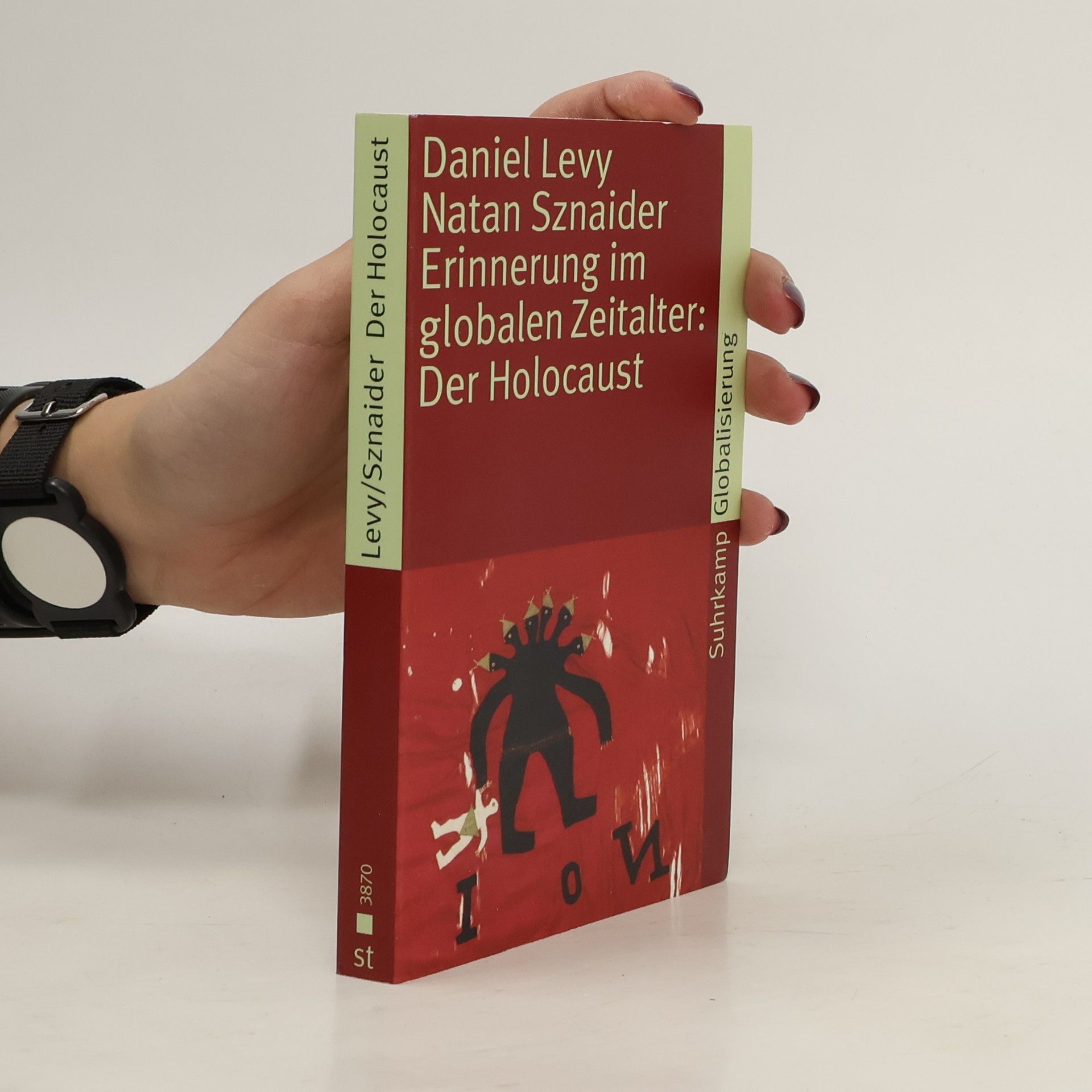Best Wishes, Warmest Regards
- 368pages
- 13 heures de lecture
The official tie-in book for the beloved, nine-time Emmy (R) Award-winning series Schitt's Creek.



The official tie-in book for the beloved, nine-time Emmy (R) Award-winning series Schitt's Creek.
The Great Fire of 1835 nearly leveled Manhattan-consuming some 700 buildings- yet also created the ashes from which the city was reborn. Manhattan Phoenix explores the emergence of modern New York after 1835 and in the years up to and through the Civil War, as it evolved from a chaotic jumble of... číst celé
Die Globalisierung wird gegenwärtig für alles Übel oder für alles Gute verantwortlich gemacht. Eine ihrer Schattenseiten ist die weltweite Standardisierung von Lebensformen. Daniel Levy und Natan Sznaider vertreten jedoch die These, in einem besonderen Fall, der Erinnerung an den Holocaust, sei die globale Angleichung von Werten ein Fortschritt: Es bilde sich dadurch ein kosmopolitisches Gedächtnis heraus. Das Holocaust-Museum in New York, die Befreiung von Auschwitz als gesamteuropäischer Gedenktag, das Holocaust-Mahnmal in Berlin: Der »Holocaust« wird zu einem universalen moralischen Schlüsselwort, mit dem internationale politische Zusammenschlüsse, ja – wie im Kosovokrieg mit der Parole »Nie wieder Auschwitz« – militärische Interventionen gerechtfertigt werden. Die Erinnerung an den Holocaust wird also von ihren nationalen Ursachen gelöst und globalisiert. Das vorliegende Buch handelt von der Veränderung kollektiver Erinnerungen im Zeitalter der Globalisierung. Somit sprengt es den Rahmen, in welchem Debatten über den Holocaust und das kollektive Gedächtnis üblicherweise geführt werden. Durch eine vergleichende Analyse der Debatten in den USA, Israel und Deutschland zeigen die Autoren vielmehr die Möglichkeiten und Grenzen kosmopolitischer, vom öffentlichen Gedächtnis an den Holocaust getragener Erinnerungen auf. Und von diesen Möglichkeiten wird die Friedfertigkeit oder Kriegshäufigkeit des 21. Jahrhunderts abhängen.